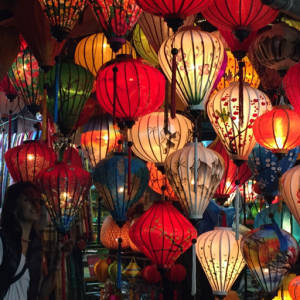Austerity Measures
India was a socialist country and kept its investment doors firmly shut to foreigners until the early 90s, when Dr Manmohan Singh, an economist and years later the Prime Minister, decided to liberalise the country's policies.
Until that time, there was an acute shortage of just about everything in India including staples like wheat, rice, sugar and even kerosene oil for cooking which were provided in rationed monthly amounts to each registered adult with a Ration Card. The monthly allocation of sugar was one and a half kilo per adult. On the occasion of the Diwali festival candles were also part of the quota.
The government appointed ration shops would determine their own working hours, which translated to remaining closed for the most part knowing people were at their mercy and would either keep returning or give up.
Those with money would stock up from the thriving black market in everything especially imported goods and electronics. Lots of fake products also flooded the market.
In 1991, my parents brought back a Toyota Corolla from North Korea (DPRK). It arrived some time after they did and was held at Bombay Customs until my father travelled from Delhi to clear the car.
It took a private customs agent and my father 2 weeks of returning again and again, giving 'gifts' such as cash and Johnnie Walker whisky to everyone in the Indian Customs hierarchy, about a dozen men (why is it almost always men?) to have the car in their possession BUT not before my father was slapped with a 320% import tax bill.
Returning to India from Pyongyang in 1991, a place that may have lacked abundance but provided my parents many happy times, they braced themselves for a new kind of austerity. This is their Ration Card of that time.
- 0
- 0

Comments
Sign in or get an account to comment.


